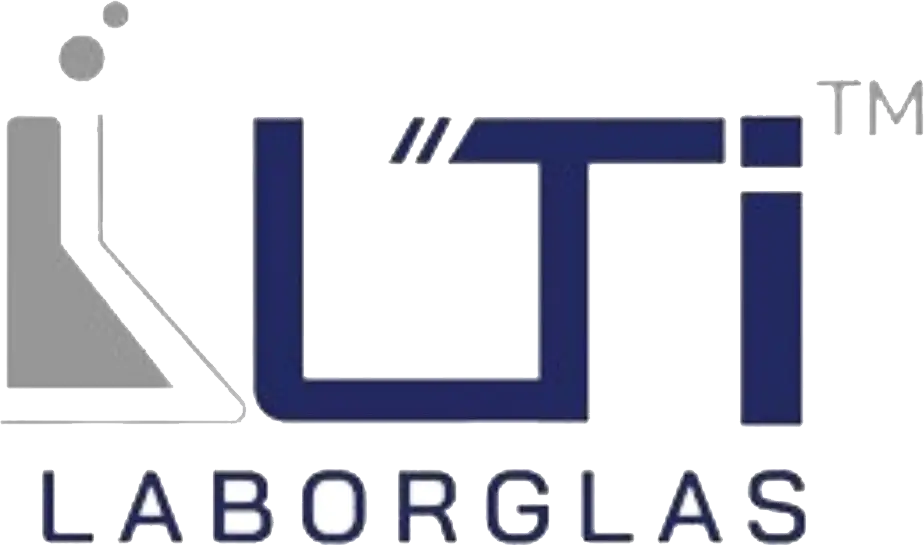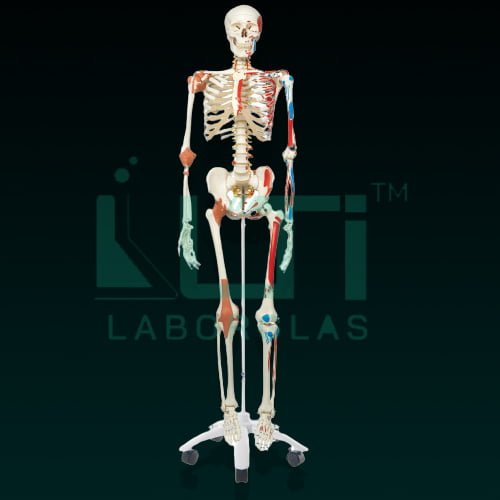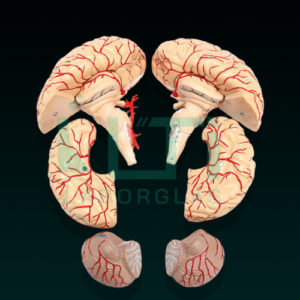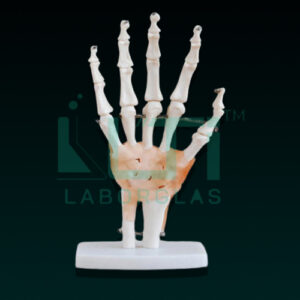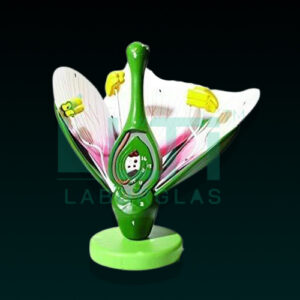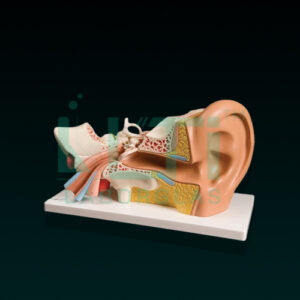- Life size.
- With muscles marking & ligaments.
- On pelvic mounted stand with base.
- The skeleton allows you to demonstrate the hand painted muscles origins & flexible joints ligaments.
- This skeleton is made of durable plastic.
- Skull includes movable jaw, cut calvarium, suture lines & three removable lower teeth.
- Washable & unbreakable.
- Ideal for teaching the basic of human anatomy.
A human skeleton model with muscles and ligaments, typically made of PVC plastic, serves comprehensive educational and medical purposes by providing an integrated representation of the skeletal and muscular systems. Here’s a brief overview of its uses:
- Anatomical Education: Used for in-depth teaching of human anatomy, showcasing the skeletal system, major muscles, and ligaments in one integrated model.
- Medical Training: Supports medical training programs by offering a detailed understanding of the relationship between bones, muscles, and ligaments in the human body.
- Orthopedic Studies: Beneficial for orthopedic education, illustrating the interactions between bones, muscles, and ligaments in the context of musculoskeletal health.
- Rehabilitation Training: Used in physical therapy and rehabilitation education to enhance understanding of muscle and ligament functions in movement and recovery.
- Sports Science: Aids in sports science education, helping students and professionals comprehend the anatomical aspects of muscles and ligaments relevant to sports injuries and performance.
- Patient Education: Enables healthcare practitioners to visually explain musculoskeletal conditions, injuries, and treatment options to patients.
- Research Reference: Provides researchers with a comprehensive model for studying the anatomy, physiology, and biomechanics of the human musculoskeletal system.
- Forensic Studies: Useful in forensic studies for understanding the impact of muscles and ligaments on bone structures in the context of crime scene investigations.
